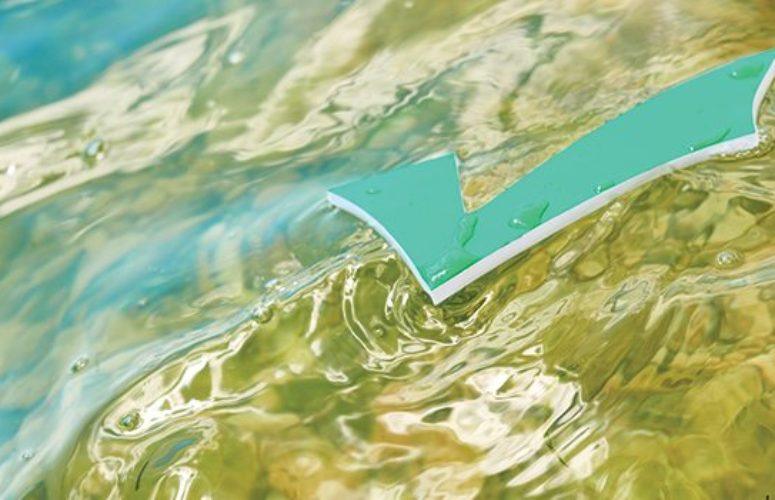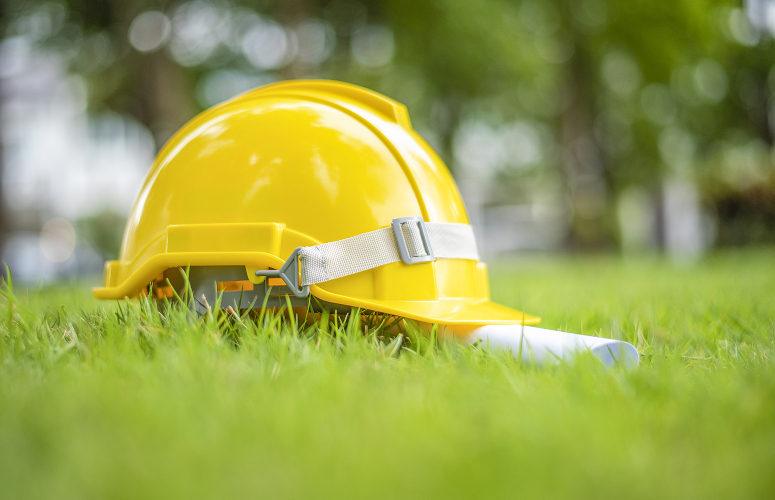
How to Choose the Right LSRP for You and Your Business
Helpful tips to get your project moving along.
By Kassidy Klink On May 31, 2016Choosing the right Licensed Site Remediation Professional (LSRP) for your New Jersey environmental project is one of the most important decisions you can make for your site. As of May 7, 2012, all sites that are in the New Jersey Department of Environmental Protection’s (NJDEP) site remediation program require the responsible party to hire an LSRP.
The LSRP serves the role that the NJDEP previously filled; the LSRP oversees all environmental aspects of your site. If the work that has been completed is not satisfactory to the LSRP, then they will not issue a Response Action Outcome (RAO) for your site. Take the time to research your potential LSRP (and his or her firm).
Follow the guidelines below to find the right LSRP for you:
Check their personal records on NJDEP’s public DataMiner web database. Here, there are many things you can discover about the LSRP: a) Is their license current? b) How many cases do they actively manage? c) How many RAOs have they issued? d) What types of RAPs have they had approved? Additionally, you can ascertain how many LSRPs are on staff. Keep in mind that a potential LSRP may have a lot of relevant experience directly applicable to your site, but may not be the LSRP of record on many cases.
Check their online presence (e.g., firm website and LinkedIn profile). You can tell a lot about a person by available information. Some may be carefully controlled (e.g., LinkedIn or firm resume), and some may be from third parties (e.g. journal articles, industry papers, news clipping). By reading all available information, you may have a better understanding of who they are and what they can offer you and your firm.
Interview them. An LSRP’s perspective on relevant rules/guidance, technical expertise and willingness to use professional judgement could be the difference between a short process and one that continues ad infinitum. Ask him or her to provide you details on sites that may be similar to yours. Be sure to provide the LSRP with all relevant site information, and then have that person provide a clear scope for immediate tasks. Additionally, have them provide a total lifecycle cost/scope.
Speak to others. Communicate with environmental attorneys, fellow owners, developers, real estate agents and other environmental professionals about the LSRP. The environmental industry in New Jersey is relatively close knit, so it should be easy to find someone who has either worked with the LSRP or knows his or her reputation.
Pick a specific LSRP, not just a firm. If you have chosen a firm, be sure to ask who will be your specific LSRP.
Understand the capabilities of the LSRP’s firm. Is your LSRP a single proprietor? Does your LSRP have a supporting project team? Does the firm have other LSRPs on staff to provide insight into your project?
About the Author: Kassidy Klink, LSRP, PG, is a senior project manager with Peak Environmental, Woodbridge.
Related Articles:






